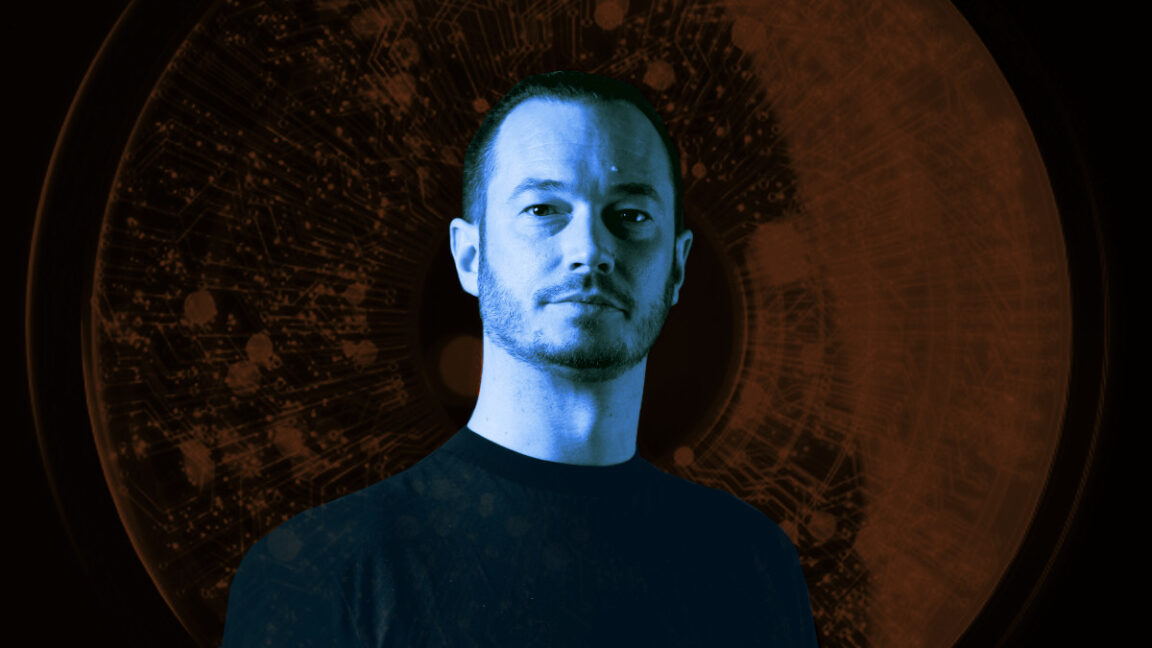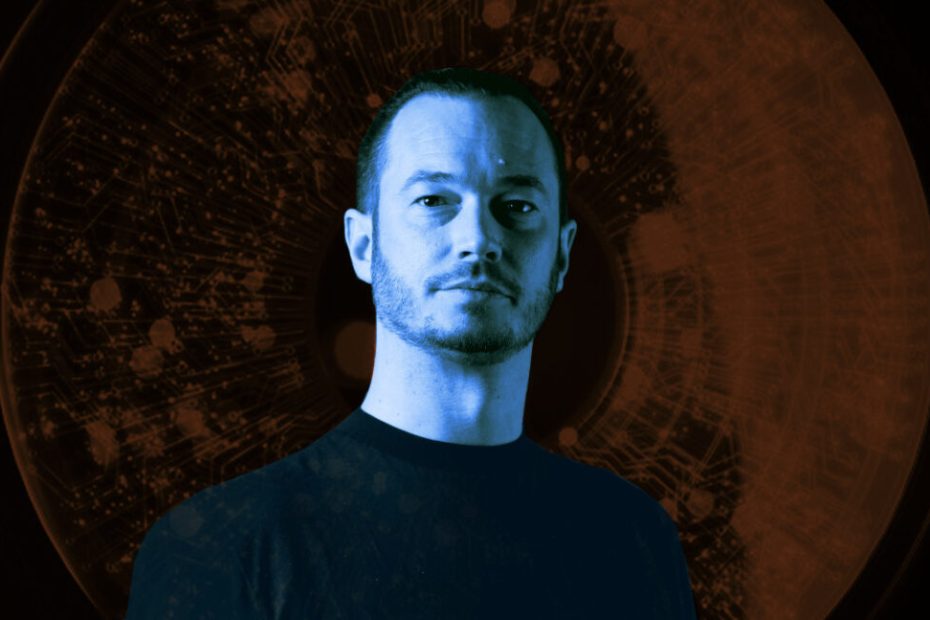
But it was really motivated by a huge, not just opportunity, but in a sense a moral obligation, to do something that could be better done outside, to design better drugs and have a very direct impact on the people's lives.
Ars: The funny thing about ChatGPT is that I used GPT-3 before that. So when ChatGPT came out, it wasn't that big of a deal for some people familiar with the technology.
JU: Yes, exactly. If you've used those things before, you can see the progress and you can extrapolate. When OpenAI was developing the first GPTs with Alec Radford and those people, we talked about those things even though we didn't work at the same companies. And I'm sure there was some kind of excitement about how well the actual ChatGPT product would be received by how many people, how quickly. That's still something I don't think anyone really expected.
Ars: I didn't either when I covered it up. It felt like, “Oh, this is a chatbot hack from GPT-3 that feeds the context in a loop.” And I didn't think it was a breakthrough moment at the time, but it was fascinating.
JU: There are different flavors of breakthroughs. It wasn't a technological breakthrough. It was a breakthrough in realizing that the technology was so useful at that level.
That, and the realization that because you always have to take into account how your users actually use the tool you create, and you might not expect how creative they would be in their ability to make use of it, how broad those use cases are . are, and so on.
That's something that sometimes you can only learn by putting something on the market. That's why it's so important to remain experimental and failure-happy. Because most of the time it's not going to work. But some of the time it will work – and very, very rarely will it work that way [ChatGPT did].
Ars: You have to take a risk. And Google didn't feel like taking risks?
JU: Not at that time. But when you think about it, when you look back, it's actually very interesting. Google Translate, which I worked on for years, was actually similar. When we first launched Google Translate, the very first versions, it was a party joke at best. And we turned it into something that was a really useful tool in not that long. Over those years, sometimes the things it produced were so embarrassingly bad, but Google did it anyway because it was the right thing to try. But that was around 2008, 2009, 2010.

